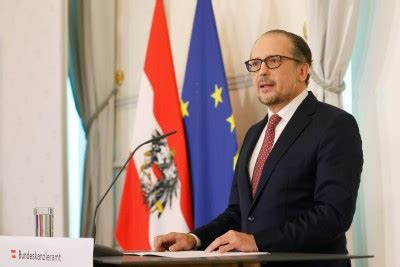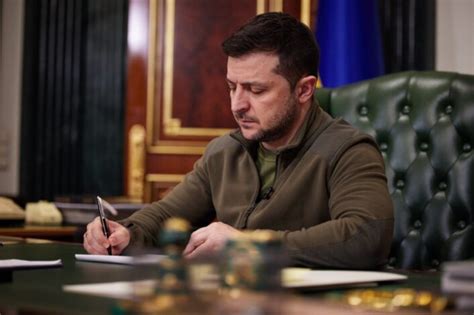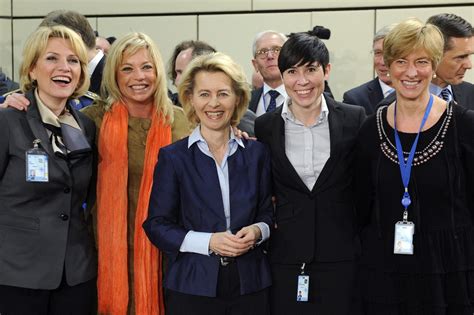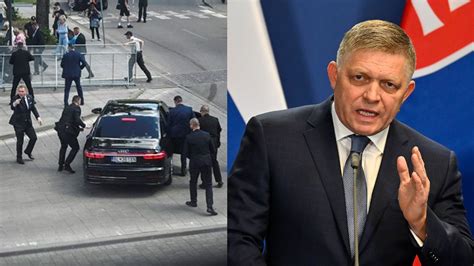Belgrade is currently at the center of a major energy turmoil with a perfect storm hitting its gas supplies. This situation is akin to being caught between a rock and a hard place, as Serbia grapples with the repercussions of U.S. sanctions targeting its primary gas and oil company, along with Azerbaijan’s sudden inability to meet its supply commitments.
U.S. Sanctions Unleashed
Serbian President Aleksandar Vučić recently revealed the gravity of the situation, emphasizing that these are the harshest sanctions ever imposed on a Serbian company. The restrictions specifically target Naftna Industrija Srbije (NIS), which predominantly falls under Russia’s Gazprom umbrella. The U.S. demands nothing short of a complete withdrawal of Russian interests from NIS, leaving no room for negotiation on maintaining even a partial stake.
The longstanding critique faced by Serbia for allowing substantial Russian ownership in its national gas and oil provider has now come to a head. With Gazprom Neft holding 50 percent and Gazprom an additional 6.15 percent stake in NIS, it leaves the Serbian government with only 29.8 percent ownership—a lopsided arrangement that has raised eyebrows internationally.
Azerbaijan Adds to Woes
As if dealing with stringent U.S. sanctions wasn’t challenging enough, Serbia received another blow when Azerbaijan announced an abrupt halt in gas supplies due to unforeseen circumstances beyond their control—a move that caught many off guard and left Serbia reeling from yet another unexpected setback.
Geopolitical Balancing Act
These twin crises pose a direct challenge to the delicate geopolitical equilibrium meticulously maintained by Vučić over the years – one where Serbia has navigated between Western alliances while fostering strong ties with Russia and China simultaneously. It underscores the intricate dance Vučić performs diplomatically to safeguard his country’s interests amidst global power plays.
Expert Insights
Vuk Vuksanović, an authority on Balkan affairs, points out how this energy crisis couldn’t have hit at a worse time for Vučić who is already grappling with domestic unrest triggered by tragic events like the Novi Sad station collapse. The looming prospect of price hikes during peak heating season adds salt to Serbia’s wounds.
A Puzzling Puzzle Unfolds
The mystery deepens as observers ponder why Baku decided to join forces in unsettling Serbia alongside Washington’s punitive measures against Moscow-backed entities within Serbian territory? Could there be unseen chess moves orchestrated behind closed doors?
As analysts delve deeper into these developments, questions arise about whether Azerbaijan could be unwittingly drawn into Moscow’s strategic maneuvers aimed at pressuring Belgrade through unconventional means such as disrupting gas supplies—an action that appears more than mere coincidence given Azerbaijan’s historical rapport with both Russia and Serbia.
In conclusion, while these challenges may threaten established alliances and influence dynamics in the region significantly, they also serve as poignant reminders of the complexities inherent in balancing national interests amid competing global agendas—a high-stakes game where every move carries far-reaching consequences for nations caught in the crossfire.











Leave feedback about this